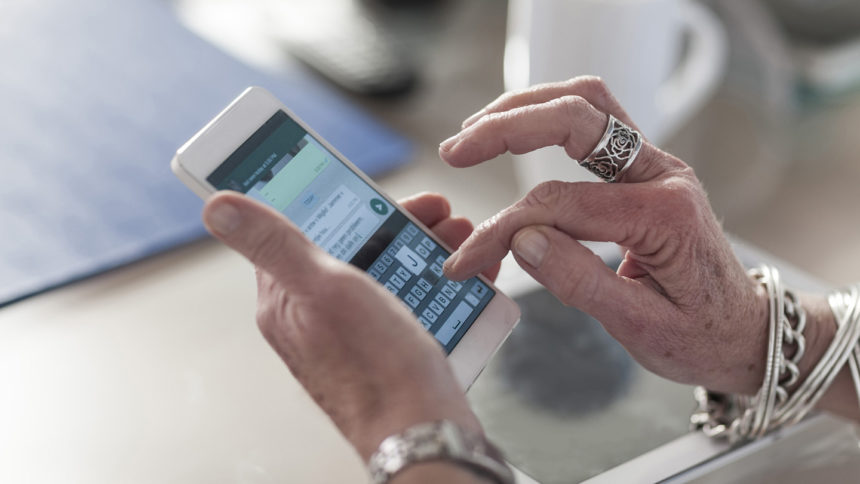
Artificial intelligence is increasingly expanding as a tool to streamline workflows and operations for nursing home staff, which is critical as senior living communities face staffing shortages. One new tool combines AI with old-school SMS text messages to make healthcare staff’s jobs easier.
iQueue Autopilot is a generative AI solution from software provider LeanTaaS that sends text alerts to clinical decision makers about potential scheduling and staffing issues, along with suggestions for solving them. The solution manages patient flow, capacity optimization and care on one platform.
Combining older technologies like text messaging with newer, AI-based technologies can make a difference in senior living and other areas of healthcare by improving billing, scheduling and patient care follow-up.
Generative AI produces new content and responses, while traditional AI has focused on detecting patterns, honing analytics and doing things like detecting fraud.“We have a unique opportunity to leapfrog older technology by harnessing AI to improve patient access, staff and clinician experience, and reduce staff burnout,” said Sanjeev Agrawal, LeanTaaS president and COO, in a statement.
For this and other generative AI-based technology to be effective, senior living administrators must train their staff; in other words, the technology must “be paired with change management experts who can guide organizations through disruption,” LeanTaaS said in a press release.
Generative AI in healthcare is expected to grow by 85% annually through 2027, expanding faster in healthcare than any other industry, according to Boston Consulting Group.
Other solutions on the market also have helped senior living communities alleviate staffing challenges and improve care. For example, Carlton Senior Living partnered with software company Speak2 to implement Alexa-enabled devices to improve staffing efficiencies by letting residents and staff have conversations in real time without opening an app or sitting at a computer. The program saved Carlton 25 hours of staff time related to data entry each month, and lowered resident emergency pendant requests by 34% per day, officials said.


